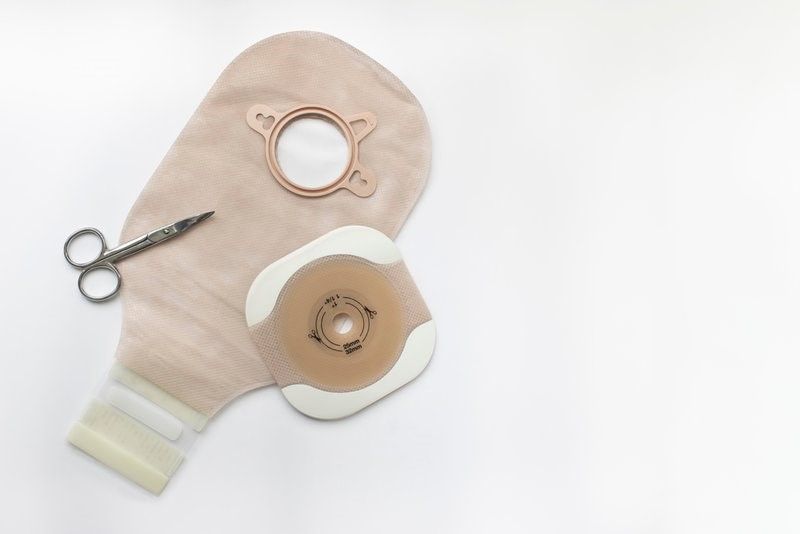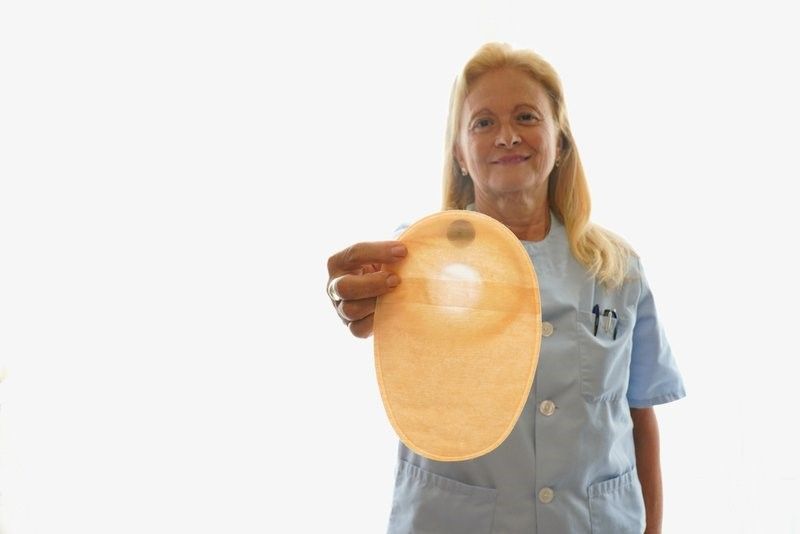Ostomy Care at Home: What Everyone Should Know
Learning to provide ostomy care at home can be overwhelming at first. From hygiene concerns to the emotional weight of supporting a loved one after surgery, many find themselves navigating unfamiliar territory. As part of adult home care, ostomy management involves consistent routines, technical knowledge, and a deep sense of compassion.
Ostomy surgery is a significant life change. Whether due to illness, injury, or chronic condition, it often comes with physical and emotional challenges. Adults recovering from these procedures may need assistance with managing their new normal, especially in the first weeks post-surgery. With the help of skilled in-home nurses, many individuals and their caregivers can ease this transition and regain a sense of control and confidence.
What Ostomy Care Involves
At its core, ostomy care includes maintaining a clean and healthy stoma site, properly changing and disposing of equipment, monitoring for complications, and ensuring overall skin integrity. For those new to adult home care, these responsibilities may feel intimidating. Leaks, irritation, and odors are common concerns, and improper handling can result in infections or other health setbacks.
Many struggle with the technical aspects of changing pouches or securing wafer barriers. Others worry about maintaining their loved one’s dignity throughout the process. Fortunately, in-home RNs and LPNs can demonstrate best practices, help create care routines, and build caregiver confidence while keeping the patient’s comfort and privacy at the forefront.

Challenges Adults Face After Ostomy Surgery
Recovering from ostomy surgery is about more than just physical healing—it also involves adjusting to a new body image and adapting to lifestyle changes. Adults who previously lived independently may suddenly find themselves relying on family members or nurses for personal care. This can be emotionally difficult and, in some cases, lead to withdrawal, depression, or anxiety.
Daily tasks that once seemed simple, like showering, getting dressed, or going out in public, may now require planning and support. Diet changes, hydration monitoring, and activity restrictions can further complicate recovery. In these moments, consistent adult home care plays a critical role in improving both health outcomes and quality of life.
An in-home nurse can offer encouragement and reassurance during this time, reinforcing the idea that life after surgery can be full, functional, and fulfilling. Whether it's showing a patient how to discreetly secure their appliance or helping them navigate emotional hurdles, this professional guidance can ease feelings of isolation and fear.
The Value of In-Home Nurse Support for Ostomy Care
Even the best online videos or printed guides may not fully prepare you for the nuances of real-world care. That’s where the expertise of RNs and LPNs becomes invaluable. These healthcare professionals can provide hands-on training in the comfort of a person’s home, teaching caregivers how to handle supplies, respond to common complications, and promote healing.
But beyond clinical skills, these nurses offer something equally important: emotional support. They recognize that caregivers need care, too. The emotional burden of tending to a loved one can be intense, especially when routines are disrupted or outcomes are uncertain. Having a consistent presence to ask questions, share concerns, and celebrate progress can make a huge difference.

In-home nurses also help establish sustainable routines. They guide caregivers through the timing and frequency of appliance changes, monitor signs of infection, and advise on stoma health. Their presence helps ensure the patient’s condition is managed proactively, reducing the risk of complications and hospital readmissions.
Tips for Maintaining Skin Health and Dignity
A major part of adult home care for ostomy patients is maintaining skin integrity. Improperly fitting appliances or extended wear times can lead to skin breakdown, which can be painful and lead to infection. A skilled home nurse can assist in identifying the best products for each individual and ensure proper fit and technique.
It’s also important to keep the stoma site clean and dry between changes. Nurses often use gentle, fragrance-free cleansers and reinforce the importance of drying the skin before applying any adhesive. For patients with recurring irritation, barrier creams or sealants may be recommended.
Preserving a person’s dignity is equally essential. Care should always be approached with sensitivity and respect. Involving the patient in their care plan, encouraging independence where possible, and maintaining privacy during procedures are simple yet powerful ways to affirm their autonomy.
How CritiCare Supports Ostomy Care at Home
At CritiCare, we aim to serve families with compassion, skill, and reliability. Our adult home care services include ostomy support delivered by experienced RNs and LPNs who are trained to guide both patients and caregivers through every step of the journey. From hands-on care to emotional encouragement, our team is committed to helping adults recover with dignity and strength.
We know that every patient is different, which is why our approach to home care is always personalized. Whether someone needs short-term post-operative support or ongoing assistance with ostomy management, we’re ready to help.
Contact us today to learn more about how our in-home nursing services can support your family.












